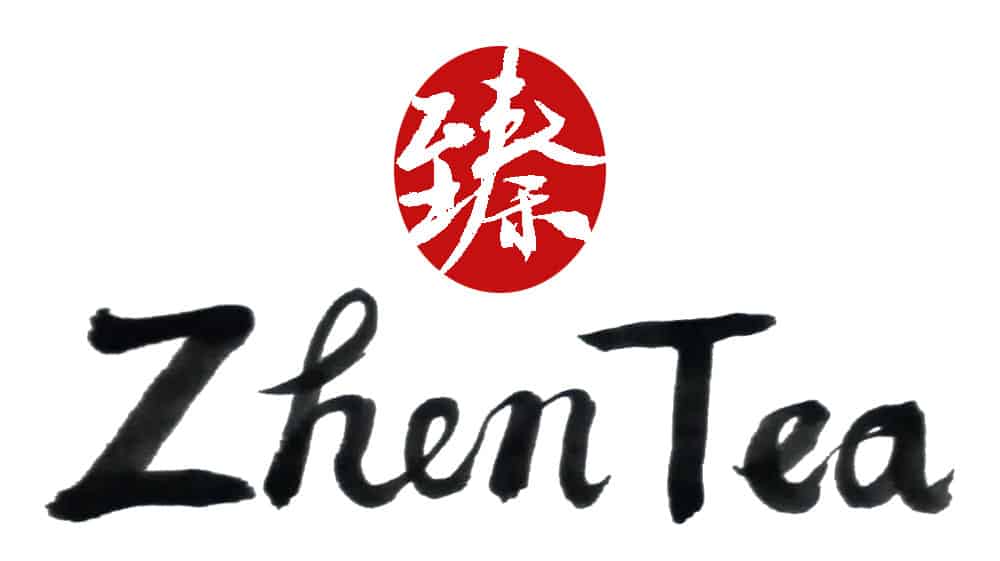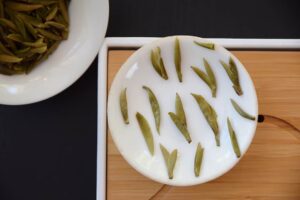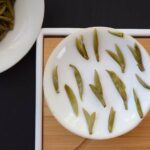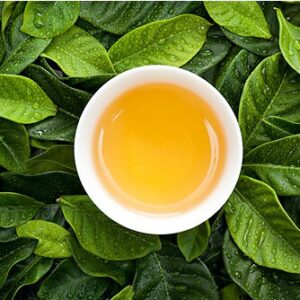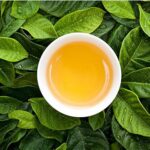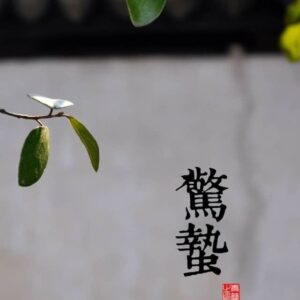Tea has been a significant part of Chinese culture for centuries. Many of us have memories of sipping tea with our families, relishing the flavors, and basking in its warm embrace. But recently, a rumor has been brewing (pun intended) that has caused some concern among the tea community in China. The question on everyone’s lips: Can tea consumption lead to kidney stones?
This query may not be as popular in the West, possibly due to the lesser tea consumption compared to the East. However, we believe that it’s a topic that deserves some steeping in knowledge. Today, we’ll delve deep into the heart of the matter and talk about the enigmatic oxalic acid in tea. Grab your teacup and let’s dive in!
Tea and Oxalic Acid – What is the Connection?
Oxalic acid might sound like an antagonist in our story, but in the plant kingdom, it’s a hero. Plants, unlike animals, utilize oxalic acid and other organic acids to maintain their desired pH. This acid, when combined with calcium, becomes a formidable defense mechanism, aiding photosynthesis and deterring herbivores. Furthermore, plants leverage oxalic acid to detoxify, purging heavy metals.
Interestingly, while tea does contain oxalic acid, it isn’t the predominant acid. Moreover, since we brew and drink tea rather than eat it, a significant 70-95% of this oxalic acid is removed during the brewing process, especially if brewed robustly.
Various factors influence the oxalic acid content in tea, such as the tea cultivar, environmental conditions, harvesting season, processing methods, and your brewing technique. It’s essential to remember that younger tea leaves tend to have higher oxalic acid levels, as plants use it as a protective measure.
Unraveling the Tea Consumption – Kidney Stone Myth
Addressing the elephant in the room – does tea cause kidney stones? The straightforward answer is a resounding no. Kidney stone formation is a complex process influenced by myriad factors, with diet being just one of them. Factors like race, metabolic health, and gut health also play vital roles. What’s more, components like EGCG, tea polysaccharides, caffeine, tea pigments, and theanine in tea are known to promote kidney health and even prevent kidney stone formation.
However, moderation is key. While tea offers numerous health benefits, it’s crucial to consume it in balanced amounts. If you have underlying health concerns, always seek advice from healthcare professionals.
In Conclusion
We hope this blog post has provided clarity on the tea consumption and kidney stones conundrum. It’s always delightful to sip on a cup of tea, but it’s even better when accompanied by knowledge about what’s inside that cup. If you found this information beneficial, do like, share, and subscribe to our channels for more such enlightening posts. Until next time, happy steeping!
